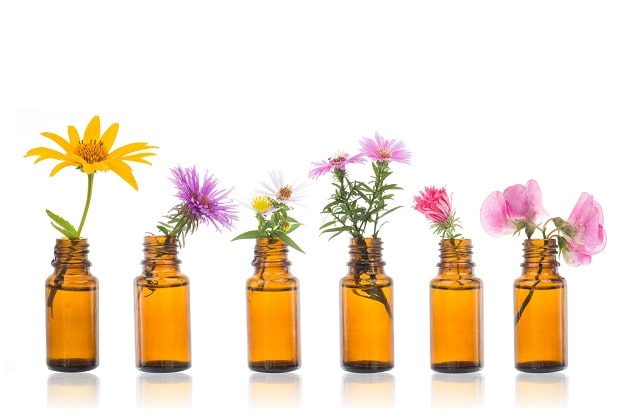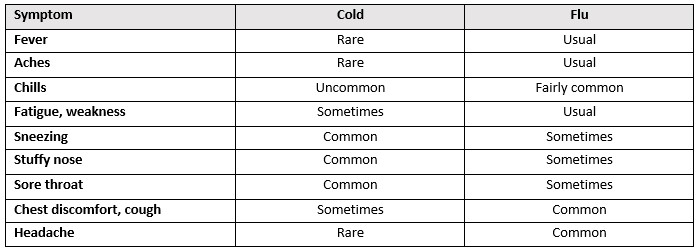Cold or Flu


All 3 of the above herbs are utilised in FLUGON™ for their antiviral or immune boosting properties.1a-d,2a,3
- Elderberry exerts antiviral effects against the influenza A and B virus as well as other respiratory bacterial pathogens.1c
- Pelargonium has anti influenza A activity.1d
- Echinacea preparations are commonly used for their non-specific immune-enhancing effects – which means that the herb promotes overall immune system function.2c,d
The availability of these natural anti‑influenza agents for clinical use helps broaden the choice of therapy for preventing and treating the flu virus and it’s symptoms.1f

CAUSES AND TRANSMISSION
The flu and other respiratory viruses are easily spread especially in crowded areas including schools and nursing homes. When an infected person coughs or sneezes, droplets containing the virus are dispersed into the air and can infect persons in close proximity who breathe these droplets in.
The virus can also be spread by contaminated hands.
To prevent transmission, cover your mouth and nose with a tissue when coughing, and wash your hands regularly.
WHO IS AT RISK
The flu is seasonal mainly occurring during winter. The time from infection to illness, known as the incubation period, is about 2 days, but ranges from one to four days.
All age groups can be affected but there are groups that are more at risk than others.
• Children under 5 years
• The elderly
• People with chronic medical conditions
• People with immune suppression
• Healthcare workers
SIGNS AND SYMPTOMS

TREATMENT AND LIFESTYLE MODIFICATIONS
There are many different types of treatments available to manage cold and flu symptoms, usually available from pharmacies, supermarkets or health shops. Your pharmacist or healthcare provider can advise you on the type of treatment that suits you best.
- Decongestants or saline nasal drops/spray relieve a blocked or stuffy nose
- Painkillers and anti-inflammatories treat a headache, fever or body ache. Examples include paracetamol and ibuprofen.
- Cough mixtures can help relieve a cough
- Salt gargles or lozenges can soothe a sore throat
- Immune boosters and vitamin D can help enhance immunity against infection.
- Natural or herbal medicines can be used for their antiviral effects, ability to fight inflammation and to support immune system. Examples include echinacea, elderberry extract and pelargonium sidoides.

HEALTHY PREVENTATIVE TIPS:
- Regular hand washing with proper drying of the hands
- Good respiratory hygiene – covering mouth and nose when coughing or sneezing, using tissues and disposing of them correctly
- Early self-isolation of those feeling unwell, feverish and having other symptoms of influenza
- Avoiding close contact with sick people
- Avoiding touching one’s eyes, nose or mouth
Ask your pharmacist or wellness clinic for appropriate choices to treat your symptoms. Combination products are available to treat multiple symptoms.
More on COVID-19
Related Brochures

covid-19

paediatric-pain-and-fever

sore-throat
